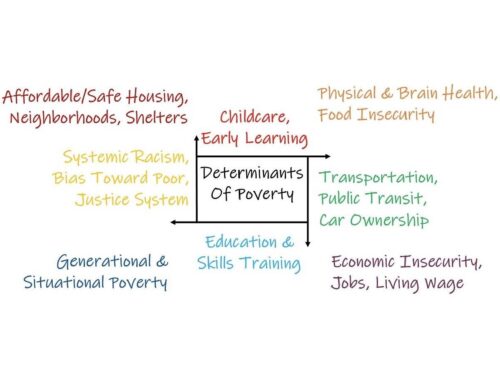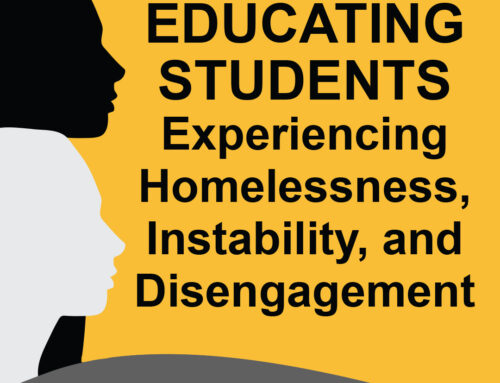Five of my students were walking their dog on a recent spring afternoon. As they made their way through a residential neighborhood, a city police officer pulled over to speak with the group. The boys were doing nothing but walking their dog and talking. The officer asked them what they were doing. When they replied that they were walking their dog, the officer asked, “Y’all boys don’t plan on fighting that dog, now do you?”
Edward, one of the boys, asked the officer why he would say that. The officer replied that he was just making sure. Edward pointed to a white couple walking their dog and asked the officer if he was going to ask the couple the same thing. Why would the officer ask this group of young black men this question and not the white couple? Was it because of their age? Or was it because of their race? I asked the boys what they thought. They replied, “It’s because we are black.”
Granted, we are in a small Mississippi town, but it is 2011. Does this racial profiling still exist? Furthermore, can we blame our students and children for having a negative view of authority figures when they are treated in this manner?
But another important piece enters the above scenario. Dr. Payne’s A Framework for Understanding Poverty asks us to understand the economic class of our students—to go above race. All community members, including teachers, police, and government officials, need to understand the mindset and resources of our children. If this officer took the step to know these young men and analyze their resources, would his approach have been different?








